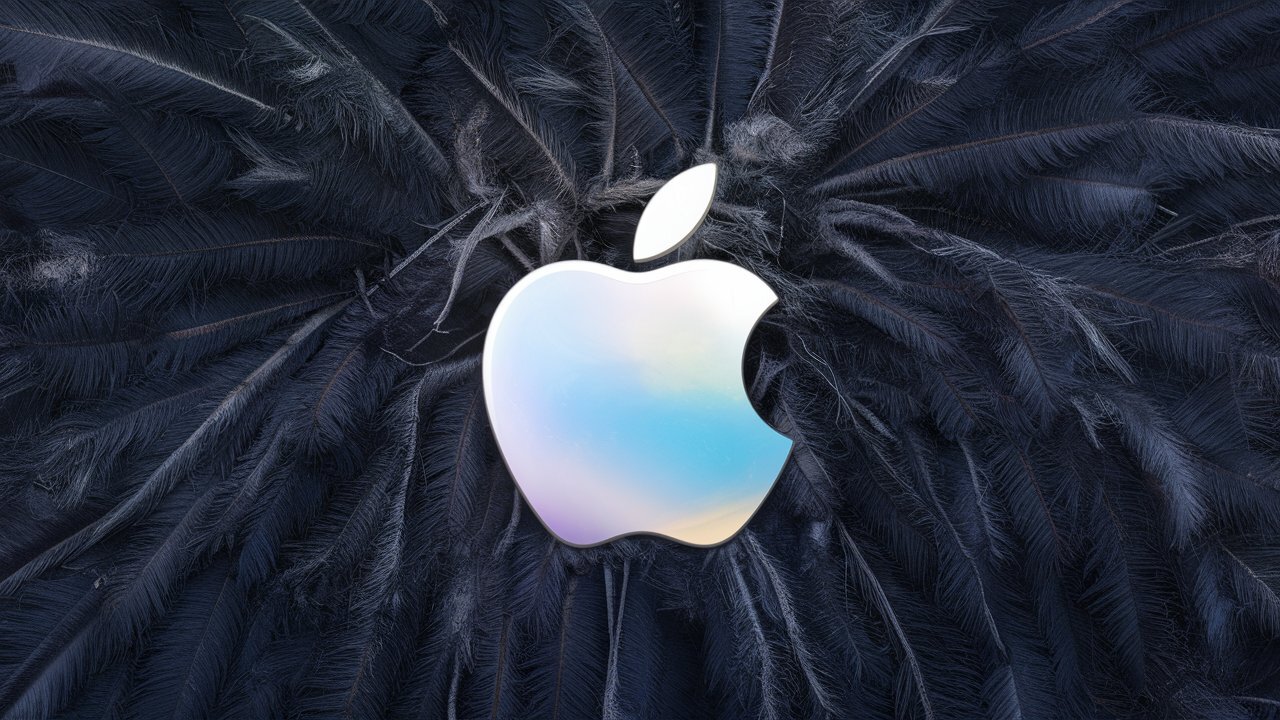According to sources, trial production of 2nm chips in Taiwan performed poorly. The chip yield rate was only 60%, meaning 40% of the products were defective. Considering that the cost of one semiconductor layer reaches $ 30,000, such indicators make mass production impossible for Apple.
The decision to postpone the introduction of 2nm technology means that iPhone 17 Pro users will not see a significant performance increase over existing models. However, it is expected that 2nm chips will be used in the iPhone 18 Pro in 2026 and will provide a performance increase of up to 15% while maintaining the same power consumption.
Source: Ferra
I am a professional journalist and content creator with extensive experience writing for news websites. I currently work as an author at Gadget Onus, where I specialize in covering hot news topics. My written pieces have been published on some of the biggest media outlets around the world, including The Guardian and BBC News.










